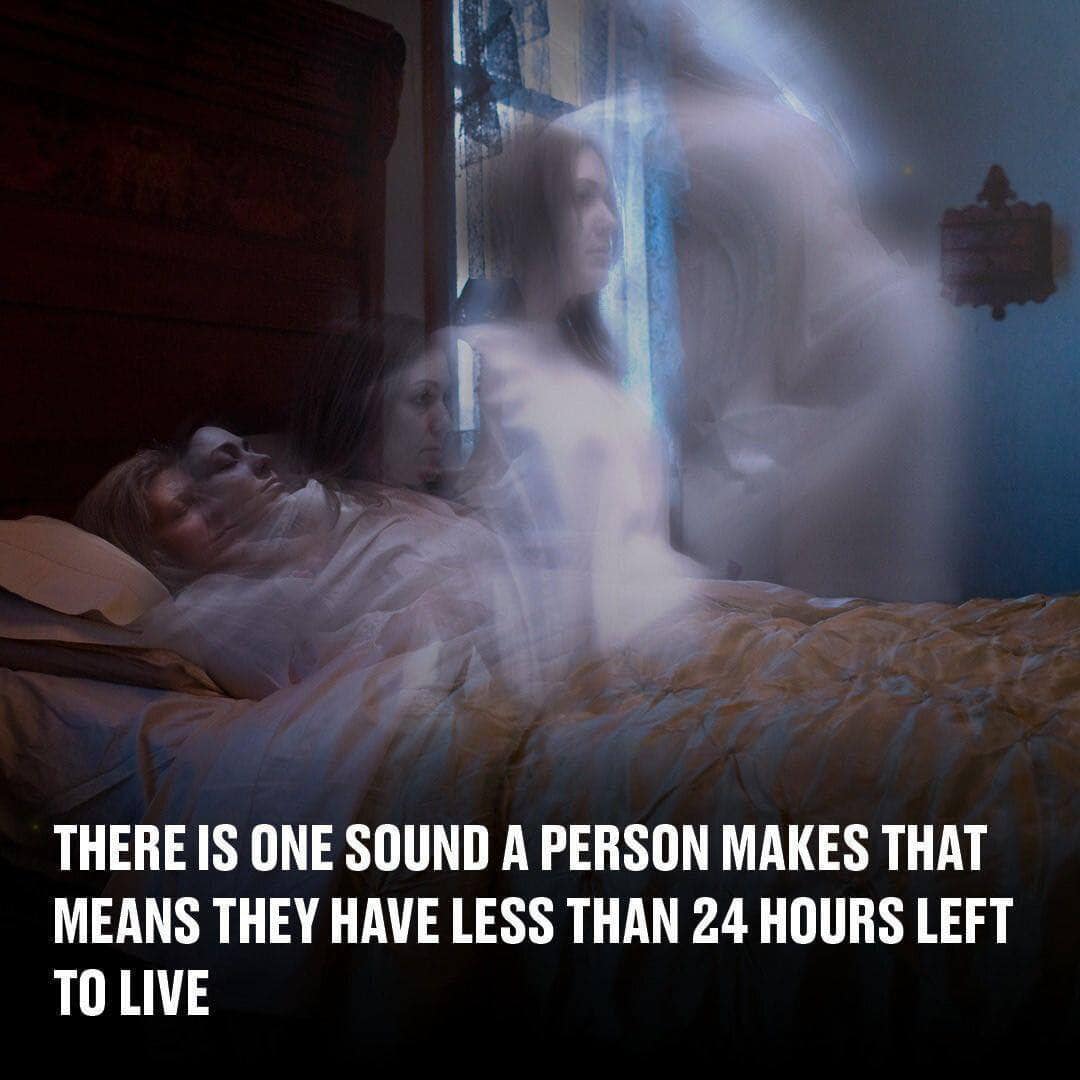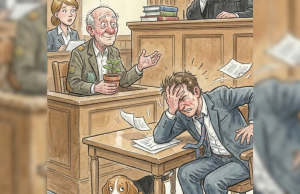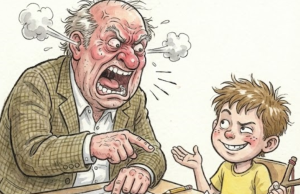
When someone is nearing the end of life, their body faces many changes, some of which may happen months before their passing. However, in the final 24 hours, loved ones may experience a popular and often unsettling phenomenon—a noise known as the ‘d3ath rattle.’
What is the ‘D3ath Rattle’?
According to Medical News Today, the ‘d3ath rattle’ is caused by changes in breathing patterns and the buildup of secretions in the throat. Hospice Nurse Julie, an expert in end-of-life care, describes the sound:
“This is just a collection of a small bit of saliva in the back of the throat that just sounds really bad.”
“We lose the ability to control the core temperature, so our temperature will fluctuate at the end of life. Again, it’s all very normal and part of the d3ath and dy:ing process if you are dy:ing naturally at home.”

What Does the ‘D3ath Rattle’ Sound Like?
The ‘d3ath rattle’ happens when a person’s ability to swallow diminishes, allowing secretions to build up in the respiratory tract. The sound is often described as a “crackling, wet noise” that grows louder with each breath.
Research shows that the average lifespan after the onset of the d3ath rattle is around twenty-five hours. However, the process tends to last longer for those receiving hospice care compared to hospital patients.

What Can You Do to Ease the ‘D3ath Rattle Noise’?
While the ‘d3ath rattle’ is a natural part of the dy:ing process, there are ways to reduce its intensity to comfort those nearby:
- Turn the person onto their side to allow secretions to drain.
- Raise their head slightly to promote drainage.
- Moisten their mouth with damp swabs to keep it hydrated.
- Use suction to remove secretions when appropriate.
- Limit fluid intake to prevent excessive secretions.
- Administer medications designed to clear secretions, as prescribed by medical professionals.
It’s vital to understand that while these measures can help reduce the noise, they likely won’t eliminate it entirely.


















